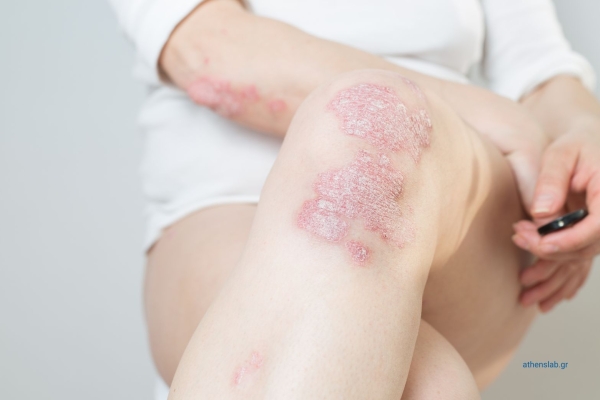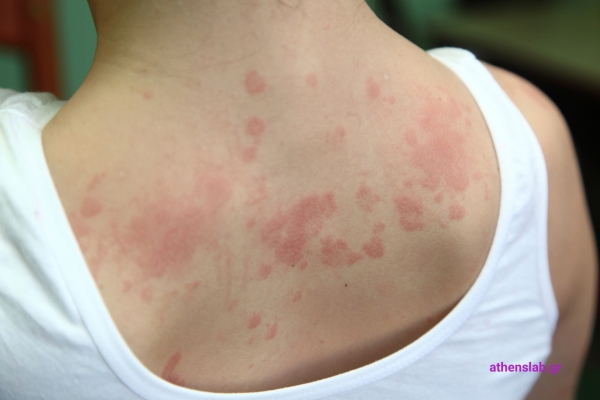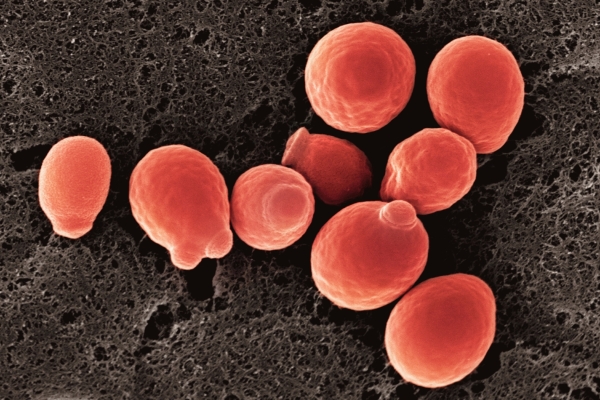-
27-01-2025
Psoriasis Triggers: Understanding the Factors Behind Flare-Ups
Psoriasis is a chronic autoimmune skin condition that affects millions of people worldwide. It is characterized by red, scaly patches of skin that may itch or hurt. Although there is no cure, psoriasis can be managed effectively. One of the most crucial aspects of managing...
-
05-01-2025
Acne Vulgaris and Functional Medicine Approaches to Treatment
Acne vulgaris is one of the most prevalent dermatological conditions worldwide, affecting approximately 85% of adolescents and a significant number of adults. This inflammatory disorder of the pilosebaceous unit manifests as comedones, papules, pustules, nodules, and cysts, often...
-
28-07-2024
Dermatitis Herpetiformis
Dermatitis herpetiformis is a chronic, autoimmune skin disease characterized by intense itching and the appearance of small, blistering lesions. It is often associated with celiac disease, as patients with dermatitis herpetiformis typically have a gluten sensitivity. ...
-
01-12-2023
Unveiling the Gut-Skin Axis: Exploring the Scientific Link Between Acne and Intestinal Health
In the pursuit of clear and radiant skin, skincare enthusiasts often explore various regimens and treatments. However, recent scientific research suggests a profound connection between acne and the intestine, unveiling the intricate interplay of the gut-skin axis. This article...
-
19-10-2023
Psoriasis: Root causes, Tests, Natural Therapies
Psoriasis is a chronic autoimmune skin condition that affects the skin and, in some cases, other parts of the body. It is characterized by the rapid overproduction of skin cells, resulting in the formation of red, scaly patches or plaques on the skin's surface. Psoriasis can vary...
-
-
24-06-2023
Your skin is a superhero
How to Support Your Body’s Biggest Organ. Your skin is a remarkable organ that serves as a protective barrier between your body and the external environment. Not only does it shield you from harmful elements, but it also plays a crucial role in temperature regulation, immune...
-
10-04-2023
Eczema. Natural Remedies for Eczema Relief
Eczema, also known as atopic dermatitis, is a chronic skin condition characterized by inflamed, itchy, and red skin. It is a common condition, affecting up to 20% of children and 3% of adults worldwide. Eczema can be hereditary and is often associated with other allergic...
-
19-03-2023
Chronic Urticaria and Gut Microbiome
Recent studies have linked gut microorganism composition and chronic urticaria; however, the underlying mechanisms responsible for this connection are unknown. Since the human immune system is in homeostasis with microbiota, and the composition of the microbiome regulates the...
-

-600x400.jpg)

-600x400.jpg)




-600x400.jpg)

